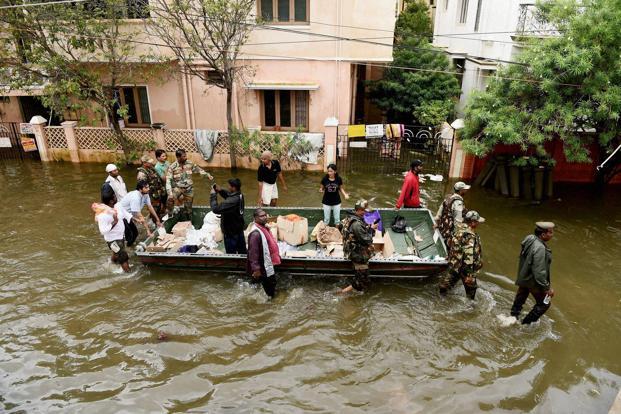
Imagine you got caught doing something bad. Worse still, imagine someone caught your transgression on film and then posted it online – ouch. Even worse, imagine that this unflattering footage went viral – four million views and counting. Shame. Now, whenever anyone googles your name this footage will be at the top of the search pile, an indelible digital reminder of your past misdeed.
Shame is a powerful emotion, it tends to make us wish we could hide, become invisible or, as some phrase it, “just shrivel up and die”. In collectivist societies shame is viewed as being even more powerful, as it can extend beyond the individual to tarnish the broader collective group – the extended family, the clan. Perhaps this is why the word “aiyb”, meaning shameful, is so commonly used in the relatively collectivist Arabic- speaking world.
At the heart of shame, according to contemporary psychological models, is the idea of breaking a rule or failing to meet a standard. When we experience shame it tends to be because we attribute the transgression to a character flaw, rather than a temporary lapse. For example, if I fail an exam and tell myself it’s because I’m dumb, I might feel shame. If I tell myself I failed because I didn’t work hard enough, I might feel guilt. Sometimes however, we don’t even realise that we have broken a rule, violated a social norm or failed to meet a standard. This is where other people get involved, telling us exactly what they think of our behaviour: shame on you, you should be ashamed of yourself, aiyb and other similar shame inducing phrases.
You can also get a good idea of what people are thinking by reading the comments posted beneath online news stories. I see these comment feeds as something like an imperfect barometer of public opinion. They give us a blunt, and perhaps skewed, reading of what Joe Public is thinking. The same is even truer of social media sites such as Twitter and Facebook. These channels allow the general public to directly tell each other what they think, and this makes them particularly powerful tools for public shaming. At one time, unless you were famous, you would typically have no idea at all what strangers thought about you. Today, however, it is far easier to find ourselves infamous for 15 minutes.
In his most recent book, So You’ve Been Publicly Shamed, journalist Jon Ronson, describes how tasteless, offhand comments or photos posted on social media sites have resulted in mass shadings. The unsuspecting shamees, at the heart of theses storms can lose their careers, friends and future prospects. Sometimes this is for relatively minor misdeeds.
For centuries we have used shame punitively, such as public floggings and the pillory. Public shaming never totally went away, and now the internet has made it a whole lot easier. Citizen justice unencumbered by due process is quick to condemn and merciless in the pursuit of retribution.
In the UAE, such attempts at online shaming are likely to fall foul of the nation’s cyber laws. I’m sure anyone who has been the victim of an online shaming would welcome such laws.
Finding a photo of yourself online, that you never even knew had been taken, is increasingly common. This is a reminder of the changing age we live in – the information age. From CCTV cameras to the ever-ubiquitous smartphone, more moments of our lives are now filmed or photographed than ever before.
It is only a matter of time before many of us are caught on camera breaking a social norm or failing to live up to our own expectations. When that moment arrives – if it hasn’t already – we probably won’t want to share it with the rest of the world.
[“source-TheNational”]














